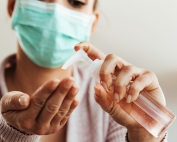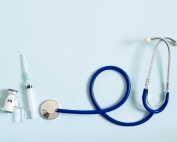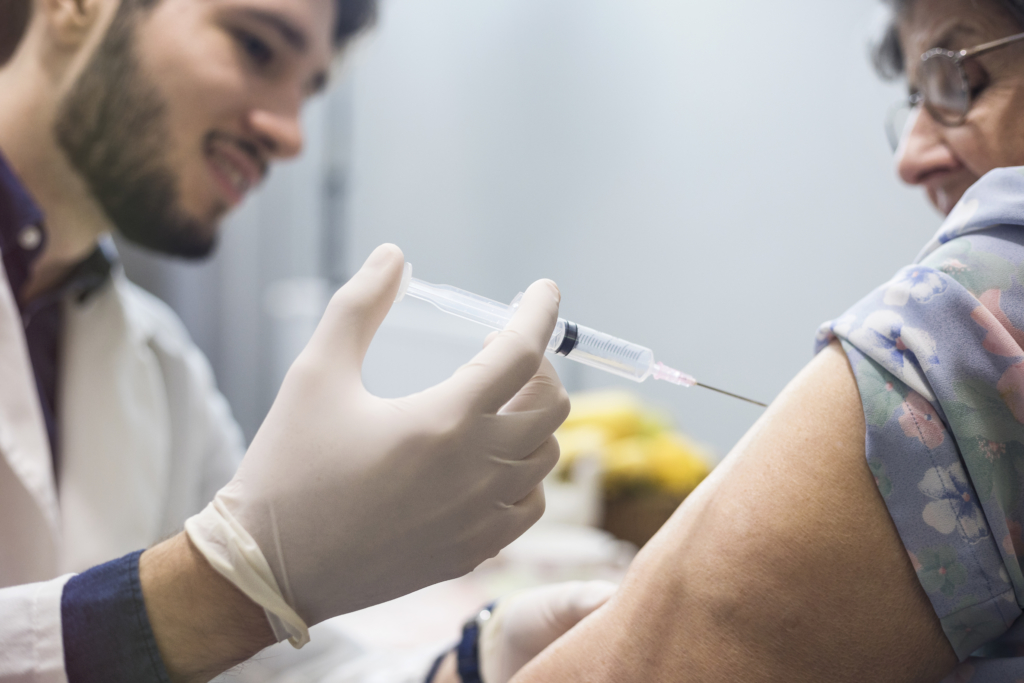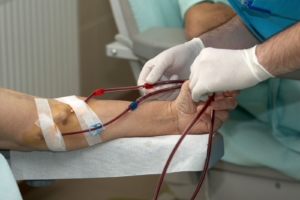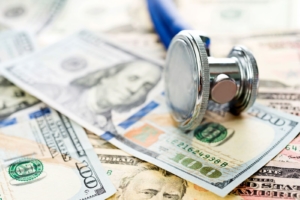Treatment
Although there is no cure for kidney disease, learn what you can do if you have Stage 5, End-Stage Renal Disease (ESRD). You have a number of treatment options to consider as you determine with your health care team which one works best for your life style.
Contents:
Most people with kidney failure take a variety of medication as part of their treatment. Some medications will help to replace what the kidneys would do if working well. Your monthly labs will help your health care team know what medications you need. It is important to have your blood work done on a regular basis and to discuss your lab results with your dialysis team. Your lab values often determine the amount of medication you need as part of your treatment so it is important that you understand what the medications do. Your medications and dosage will vary depending on what type of treatment you are on – home hemodialysis, peritoneal dialysis, in-center dialysis or if you have a transplant.
Here are some of the reasons medications may be prescribed for conditions affected by the kidneys.
When the kidneys no longer work, they are unable to remove the extra phosphorus from the blood and your phosphorus level can become too high. To decrease the build up, you may be prescribed phosphorus binders (also called phosphate binders) to lower the amount of phosphorus being absorbed in your blood.
Phosphate binders attach to the phosphorus in your food like a magnet to keep it from being absorbed by your body. The bound phosphorus can then be eliminated through the bowels. Some phosphate binders are chewable, while others are swallowed. It’s important to take your medication during your meals or immediately after eating. You usually should take them even after having a snack. This lets the medicine bind to the phosphorus before food is absorbed by your digestive system. If too much time passes between when you eat and when you take your medication, the medication won’t work properly. You may not feel differently after taking your medication, but even if you cannot feel your binder working, you should still take your medication as directed. If you take your binder as prescribed, over time you should see an improvement of your phosphorus levels. Speak with your health care provider about what choice is best for you, how many pills to take each day, when to take them, and what to expect from treatment.
Kidneys that are healthy make erythropoietin (EPO), which helps bone marrow make red blood cells and carry oxygen throughout the body. When you are anemic, your body has fewer red blood cells than normal and thus your red blood cells carry less oxygen to tissues and organs which can affect their functioning. Most people with CKD are anemic and it usually gets worse as the kidney disease moves towards ESRD.
If you are anemic, your may need the following in a supplemental form to make red blood cells:
- Erythropoietin (EPO)
- Iron
- Folic Acid
- Vitamin B12
- Red blood cell transfusion
It may also be recommended that you take Active Vitamin D to help restore bone minerals that are decreased with kidney disease. It also helps to prevent calcium and phosphorus from mixing together and forming calcifications. In addition, you may be need to take other medication if you have conditions such as high blood pressure, diabetes, or heart disease. Your physician may also prescribe creams which can help with itching and others help with numbing the needle site.
Immunosuppressants are prescribed when you have a kidney transplant. They help keep your body from rejecting the new kidney by suppressing your immune system.
Taking Your Medication
It is not unusual for people with kidney disease to take a lot of pills and to take them at various times of the day. It is easy to forget to take medication with you when eating out or to remember to take them at all of the right intervals. When you are taking several kinds of medicine throughout the day, it can be tough to stay on top of all of them.
To remember your medications, you might use the following tips:
- Use a watch with an alarm and set it to remind you every day at the correct times;
- Give your schedule to a caregiver or family member who can act as a double check;
- Set a notice on your email calendar or cell phone;
- Use a daily pill organizer box;
- Keep your medicine in a place where you can see it, but where children can’t reach it;
- Use a calendar or daily planner to check off your medications as you take them each day;
- Work with someone on your health care team to create a chart you can post at home or use a white board where you can list all your medications and check them off when you take them;
- Use medication reminder apps on your smart phone – ask your health care team for recommendations.
In addition, here are some steps you can take to help make sure you manage your medications properly:
- Try to have all of your prescriptions filled at the same pharmacy so the pharmacist can keep track of all the medications you are taking
- Make a list of all your medications and their dosages, and keep a copy with you when you’re out and about (see chart below for ideas)
- Take your medications at the same time each day
- Keep your medications in the same place
Medication Cheat Sheet
One way to stay organized and keep track of all your medication is to create a medication cheat sheet. This serves as a one-page summary of your medications that you can quickly reference when needed. You can make copies for family members to help keep them informed, bring copies to doctor appointments and keep a copy with you to reference while you are on the go.
Here is a template you can use when creating your cheat sheet:
| Name of Medication | Reason for Taking Medication | Number of Times to Take Medication | Time to Take Medication | Take with Food | Prescribing Doctor |
|---|---|---|---|---|---|
| Med #1 | High Phosphorous | 3 times per day | At meals | Yes | Matthews |
| Med #2 | Diabetes | 2 times per day | 8 AM, 8 PM | No | Aaron |
| Med #3 | High Blood Pressure | 1 time per day | 8 AM | No | Greenberg |
| Med #4 | Anemia | 2 times per day | 8 AM, 8 PM | No | Greenberg |
Learn More About Treatment

Treatment
Chronic kidney disease may progress to End-Stage Renal Disease, which has a number of treatment options.

Early Intervention
There are proactive actions you can take to decrease your chances of developing kidney disease in the future.

Medication
It is important to take all of your medicines as prescribed for your kidney disease, even if you don’t notice an immediate difference.




